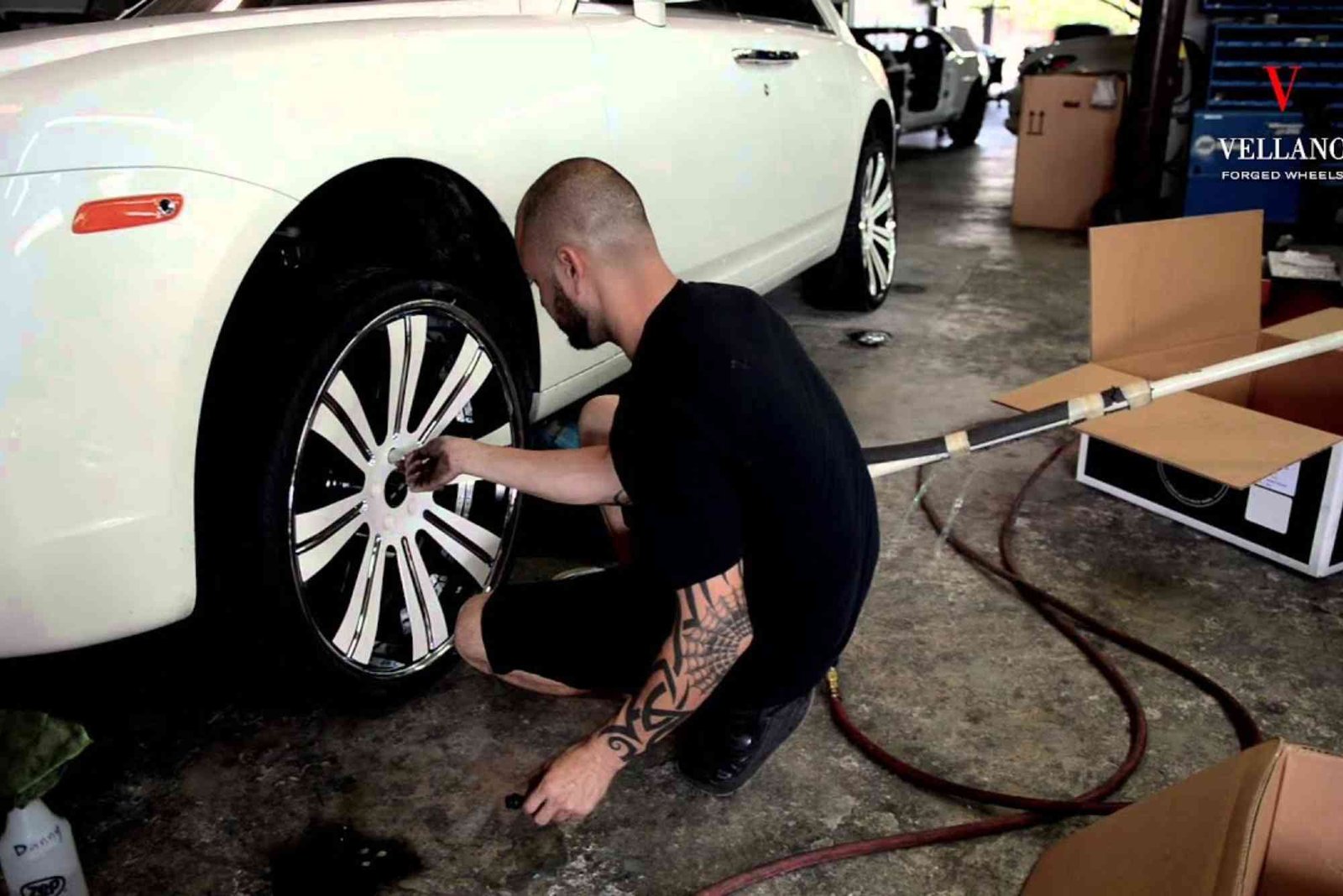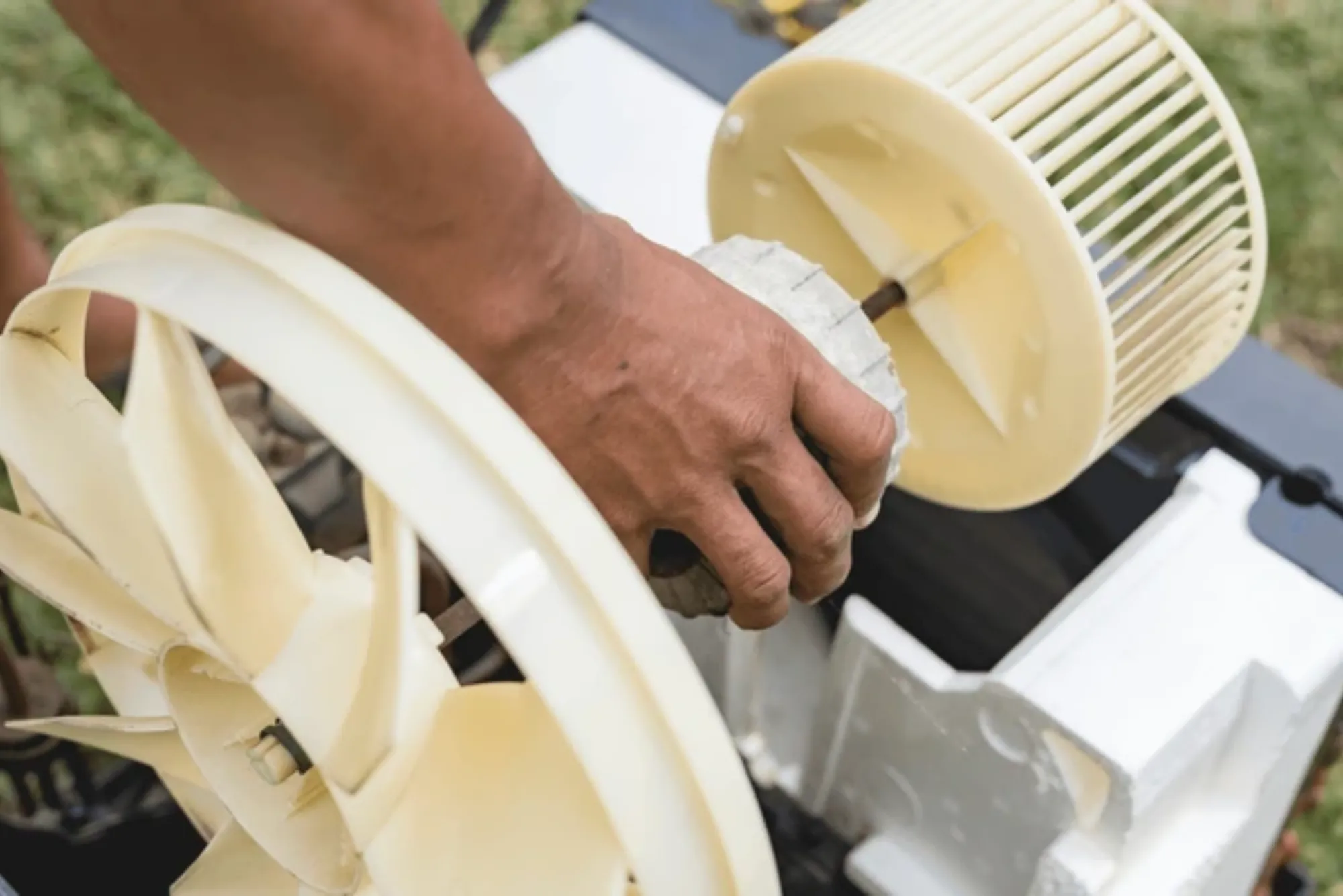Introduction
Being a daddy is one of the most rewarding yet challenging roles in life. Whether you’re a first-time father or already experienced, there are countless lessons to learn along the way. Many dads unknowingly make mistakes that can impact their relationship with their child and partner. Understanding the top mistakes to avoid when daddy can make the journey smoother, more enjoyable, and deeply fulfilling.
In this guide, we’ll uncover the most common pitfalls fathers face, practical ways to overcome them, and essential Daddy Tips that lead to stronger family bonds and personal growth.
Understanding the Role of a Modern Daddy
The modern daddy’s role has evolved far beyond traditional stereotypes. Today, being a daddy means being emotionally available, supportive, and actively involved in every aspect of your child’s life. It’s not just about providing financially—it’s about presence, communication, and love.
However, many dads still fall into patterns that can unintentionally harm their connection with their children. Let’s explore the top mistakes to avoid and how to grow as a nurturing father.
Not Spending Quality Time
One of the biggest mistakes daddies make is confusing presence with attention. Simply being at home isn’t enough if you’re distracted by work or technology. Children crave meaningful interactions, not just physical presence.
Engage in activities your child enjoys, whether that’s reading, playing, or talking about their day. These small moments build trust and emotional closeness. Remember, quality time matters more than quantity.
To learn better ways to connect, visit Daddy Tips for helpful insights and expert guidance on fatherhood.
Being Too Strict or Too Lenient
Discipline is vital, but balance is key. Some dads adopt an overly strict approach, which can create fear and distance. Others go to the opposite extreme, giving too much freedom, which can lead to confusion and lack of boundaries.
Children thrive under consistent rules paired with understanding. A firm yet compassionate approach teaches respect while preserving emotional safety. Consistency helps children know what to expect, creating stability and trust in the relationship.
Neglecting Emotional Connection
Many fathers focus heavily on providing and protecting but struggle with emotional openness. However, emotional connection is what strengthens long-term relationships with your children.
When your child feels safe to express feelings—whether joy, sadness, or fear—they learn emotional intelligence and self-confidence. Listen without judgment, validate their feelings, and share your own experiences to build mutual trust.
Ignoring Your Partner’s Role
Parenting isn’t a solo effort. One common daddy mistake is overlooking the importance of teamwork with your partner. Both parents need to support each other and share responsibilities.
A strong partnership models healthy communication for children. When kids see cooperation, empathy, and respect between parents, they internalize these values. Avoid undermining your partner’s decisions or creating inconsistent rules—it confuses children and causes tension at home.
Forgetting Self-Care
Many dads neglect their own well-being while focusing on family needs. But a tired, stressed, or burned-out father can’t show up as his best self. Self-care isn’t selfish—it’s necessary.
Take time to rest, pursue hobbies, and maintain physical health. When you recharge, you model balance and resilience for your children. Healthy fathers raise healthy families.
For more advice on maintaining balance and positive habits, check out Learn How Daddy Guide for practical fatherhood strategies.
Comparing Yourself to Other Fathers
Comparison often leads to guilt or insecurity. Every family dynamic is unique, and there’s no perfect way to be a daddy. What works for one may not suit another.
Instead of measuring your parenting against others, focus on growth and learning. Pay attention to your child’s needs, personality, and love language. Your goal isn’t perfection—it’s connection and effort.
Avoiding Honest Conversations
Honesty is the foundation of trust. Some fathers avoid difficult conversations about emotions, mistakes, or challenges because they fear losing authority. Yet, transparency strengthens respect and mutual understanding.
Admitting when you’re wrong or uncertain teaches humility. When you show vulnerability, your child learns that being human means learning continuously. Honest communication fosters lifelong openness between you and your child.
Overlooking the Importance of Play
Playtime isn’t just fun—it’s essential for emotional and cognitive development. Unfortunately, many daddies dismiss it as unimportant or “not their thing.”
Playing with your child encourages creativity, teaches problem-solving, and strengthens bonds. Whether it’s building blocks, playing soccer, or telling stories, being playful shows your child you value joy and imagination.
Not Listening Enough
Listening is one of the most underrated parenting skills. Many fathers jump to give advice or correct behavior instead of simply listening.
When your child talks, pause and pay attention. Active listening shows respect and helps you understand their thoughts and emotions. It builds trust and encourages your child to keep sharing with you.
Ignoring Financial Education
Providing for your family is crucial, but teaching your child financial responsibility is equally important. Many daddies focus solely on earning but forget to include their kids in money-related lessons.
Teaching budgeting, saving, and the value of hard work sets your children up for success. Let them see how you plan and make financial decisions—it builds responsibility and awareness.
Expecting Instant Results
Parenting requires patience. Many fathers expect immediate obedience or understanding from children, which rarely happens. Growth takes time and repetition.
Children make mistakes—it’s how they learn. Stay calm, repeat lessons with patience, and celebrate small improvements. Consistent effort yields meaningful results.
Neglecting Communication with Teenagers
As kids grow, communication often becomes harder. Teenagers value independence, and some fathers respond by withdrawing. This is a major mistake.
Adolescents still need your presence and guidance. Engage them through shared interests, open-ended questions, and non-judgmental listening. Respect their individuality while remaining available for support.
Underestimating the Power of Example
Children learn more from what they see than what they’re told. A daddy who models honesty, kindness, and accountability raises children who embody those traits.
Live the values you want to teach. Show respect to others, handle conflicts calmly, and stay true to your word. Actions always speak louder than lectures.
Ignoring Future Planning
Many dads focus on daily tasks but forget to plan long-term. Whether it’s education, savings, or family goals, strategic planning ensures stability and security.
Discuss your family’s future with your partner, set achievable goals, and involve your children where appropriate. It teaches foresight and responsibility.
Becoming the Daddy Your Child Deserves
Fatherhood is not about perfection—it’s about progress. Avoiding these common mistakes helps you become a more present, compassionate, and confident daddy. Every effort you make, no matter how small, strengthens your family bond and shapes your child’s future.
Take time to reflect on your parenting journey and apply these lessons today. Remember, growth begins with awareness and action.
For more expert insights, visit Daddy Tips and explore a Related read on digestcity.com about Daddy for additional resources on becoming a better father.
FAQs
What are the most common mistakes new dads make?
New dads often struggle with balancing time, emotional connection, and communication with their partner. Being mindful and present helps avoid these issues.
How can I be a better daddy to my child?
Focus on listening, showing affection, and being consistent. Your presence and attention are more valuable than perfection.
Why is communication important in fatherhood?
Open communication builds trust and emotional safety. It helps children express themselves confidently and form secure relationships.
How do I manage work and fatherhood effectively?
Set boundaries between work and home. Prioritize family time and be fully engaged when with your children.
What is the key to successful parenting as a daddy?
The key is balance—discipline with empathy, leadership with love, and guidance with understanding.










